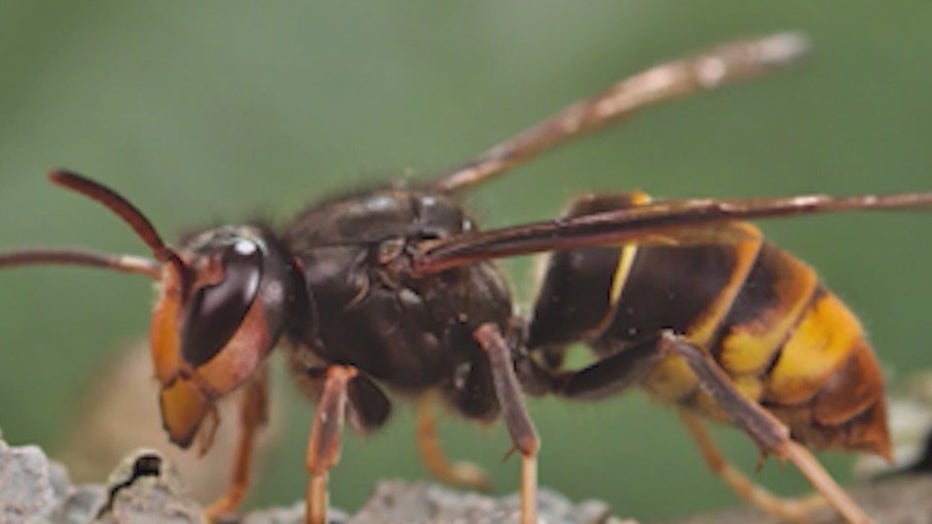Allergist shares tips on how to treat bug bites and stings

Taking the sting out of summertime
Summer in the South means plenty of sunshine, long, hot days and, unfortunately, a jump in bug bites and insect stings. For most of us, getting bitten or stung is more annoying that anything. But, if you're allergic, these bites and stings can be serious. Some tips from an allergist on how to treat everything from bee stings to mosquito bites.
ATLANTA - The season for insect stings is upon us in Georgia.
Summer in the South means lots of sunshine, long, hot days and, Atlanta allergist Dr. Kasey Lanier says, a rise in insect stings and bites.
"Throughout the summer, especially in hikers and people that are more outdoors, we're definitely seeing a lot of stings," Dr. Lanier says. "And, generally, those stings are not met with anaphylaxis."
An allergist with Chacko Allergy and Asthma, Lanier helps patients manage severe insect allergies.
"So, I would say wasps, hornets, bees, but really, yellow jackets are probably kind of the 'angriest' of the flying insects that in the allergy world are called hymenoptera," Lanier says, referring to a group of insects that can cause venom allergies.
"But, in parts of Georgia, fire ants can sometimes cause anaphylaxis," Lanier says. If you step into a fire ant nest, you can get bitten many times, which can cause a life-threatening reaction for some people.
For adults and children allergic to flying insects, Dr. Lanier says, an epinephrine autoinjector, or EpiPen is a must.
"No matter what they do, the most important thing is always having an EpiPen on them," she says. "There are no exceptions to that. You can get stung in your own home sometimes, if something comes in through the window."
For most of us, a sting hurts, but is not a medical emergency.

Still, Lanier says, "Sometimes you get stung, and it's extremely painful."
It's normal, she says, to have pain and swelling in the area in which you were stung.
"I would just make sure that any swelling that you have is just around that area that you were stung in. To be stung on your chest and then have some swelling on your foot, where there's been no sting, would be something that would raise your alarm."
Mosquitoes are another hazard of summer. Typically, they will not cause a severe allergic reaction, but Dr. Lanier says just one bite can cause swelling and itching.
She recommends using bug spray with DEET and always using bug spray if you're going to go out into the woods and out in the outdoors in a high mosquito area.
If you get bitten, you may have a lot of itching.
"A cool bath can be very helpful. So, you want to vaso-constrict and take some of that itching away from the skin or ice on the area. And then antihistamines. I would say a double dose of what you would use just for your runny nose, or hay fever symptoms, for about three days."

